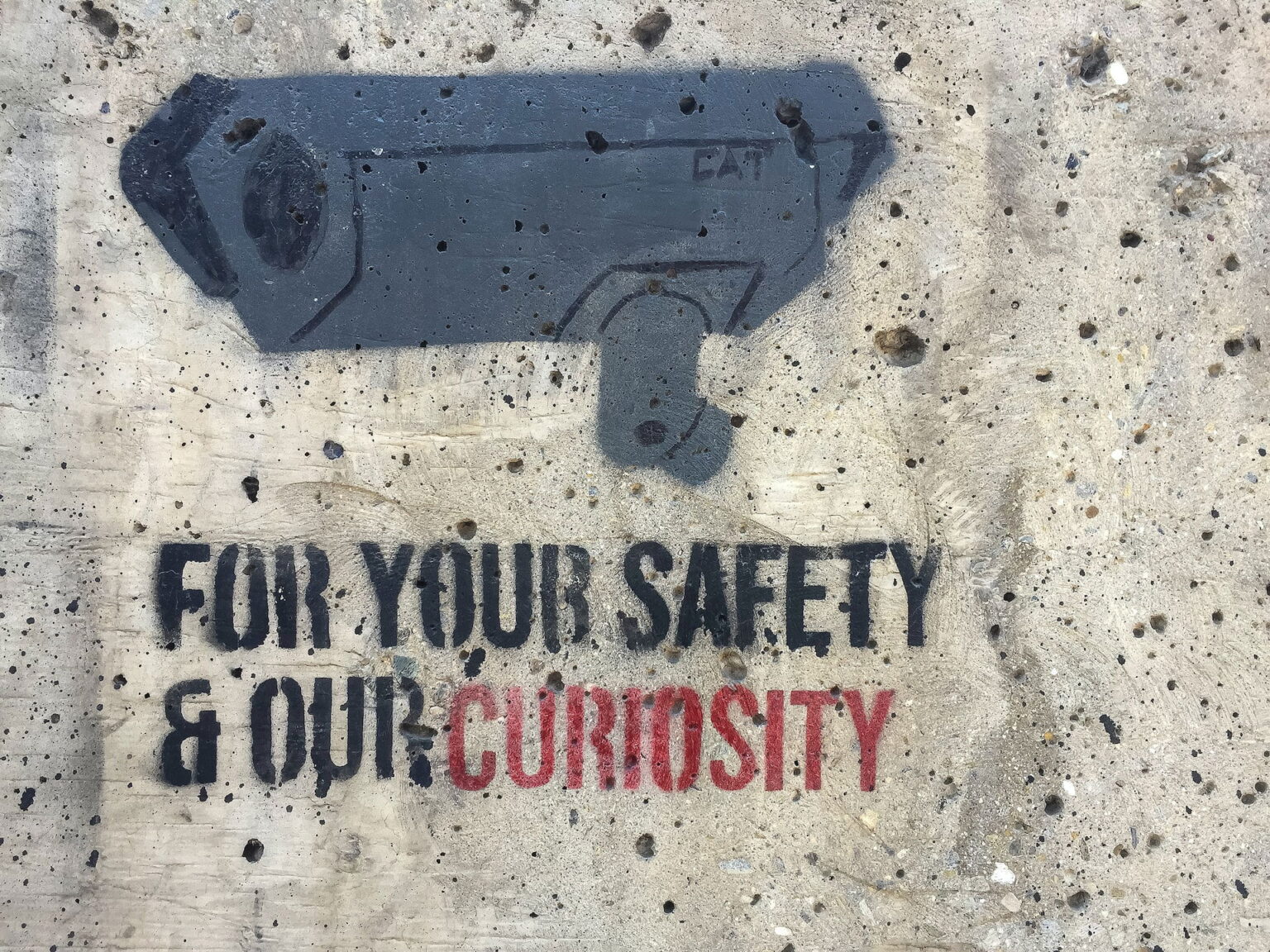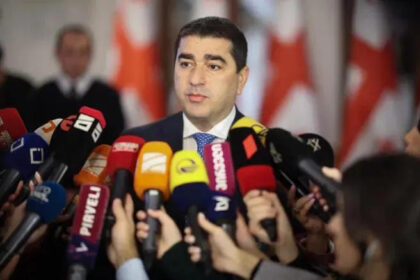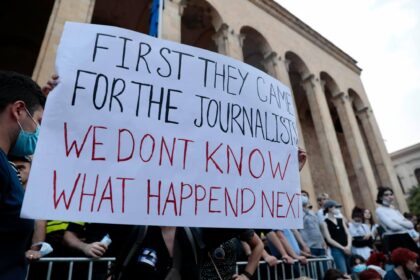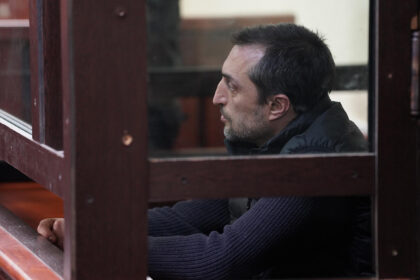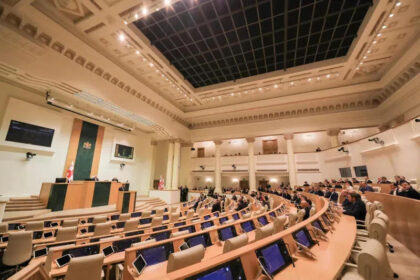**Concerns Raised Over Use of Facial Recognition Cameras**
The Georgian Young Lawyers’ Association (GYLA) has expressed concerns about the Interior Ministry’s use of facial recognition cameras against protesters. The watchdog says this practice raises serious privacy and legal concerns.
The GYLA has complained to the Personal Data Protection Service about the unlawful collection and processing of personal data by the Ministry. It is urging the Service to take action and ensure that surveillance practices comply with national and international standards.
**Courts Accept Images as Evidence**
GYLA notes that courts often rely on images from surveillance cameras as evidence in cases against protesters. However, critical questions like whether individuals were properly identified or if those responsible for identification had access to protected databases are typically overlooked. This approach is seen as a way to intimidate and control protesters.
**Targeted Surveillance Revealed**
A recent case has highlighted the Ministry’s use of targeted surveillance. A video submitted as evidence shows a camera following an individual during a protest, with footage even zooming in on a document the person was reading. This suggests that specific people or groups are manually controlling the cameras.
**Invasive Nature of Surveillance**
The footage reveals the invasive nature of this surveillance, accessing personal information that is not relevant to the case. The GYLA stresses that it remains unclear what legitimate purpose this serves and that this could instill fear in protesters.
**International Concerns**
The use of facial recognition technology in the context of freedom of expression was declared incompatible with democratic principles by the European Court of Human Rights (ECtHR) in a landmark case. The GYLA is asking the Personal Data Protection Service to investigate whether proper assessments had been carried out and if surveillance activities are lawfully recorded.
**Growing Surveillance Network**
The growing network of surveillance cameras coincides with an increasingly authoritarian trend in Georgia, including the brutal repression of protests and dissent. Issues such as who controls these cameras and what they are capable of remain unclear.
Read More @ civil.ge




